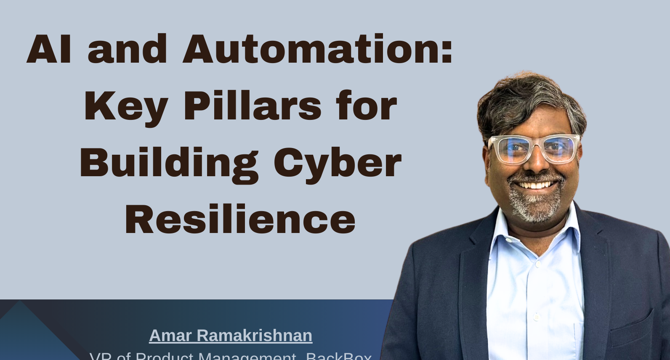Cybersecurity-Insiders
1M
339

Image Credit: Cybersecurity-Insiders
AI and Automation: Key Pillars for Building Cyber Resilience
- AI applications are becoming increasingly integrated into daily life, with a focus on language models to enhance consumer experiences in natural language processing and search engines.
- While CEOs are utilizing AI for content generation and communication, broader enterprise implementation is hindered by cost and security concerns.
- Concerns exist around using flawed or biased data in AI applications and ensuring data protection.
- New AI innovations, distinct from machine learning, are emerging to enable additional enterprise use cases such as building cyber resilience.
- Gartner predicts a significant increase in AI automation functions in network operations by 2026, facilitating faster problem-solving capabilities.
- AI's ability to understand semi-structured data and provide guidance for troubleshooting network issues accelerates resolution times from weeks to hours.
- AI enhances network automation processes by speeding up iteration, learning, and problem-solving tasks, leading to improved cyber resilience.
- AI streamlines vulnerability management processes, allowing for quicker identification of vulnerabilities across complex network environments.
- By utilizing AI-based lookup and categorization, organizations can improve cyber resilience by focusing resources more efficiently.
- AI provides high-probability guidance to business leaders, aiding in strategic management for achieving cyber resilience efficiently.
Read Full Article
20 Likes
For uninterrupted reading, download the app